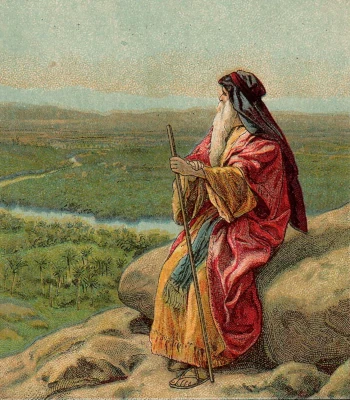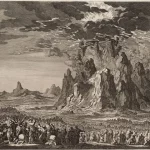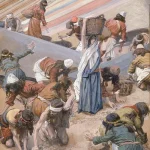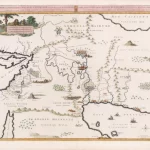In the study of antiquity, in astroarchaeology or, if you prefer, paleoastronautics, an important aspect is the source of the acquired knowledge. Most of the information is obtained from excavations, ancient books, oral histories and rock formations.
I would like to put your attention to a very well-known book, the Bible. For most followers of the Judeo-Christian religion, the Bible is a holy, divinely inspired, mystical and spiritual book.
However, in my opinion, and perhaps many others, it is also an excellent historical source, much neglected…
Take, for example, the author of the first five books – Moses. Where did Moses get information about times before his life? About the entire genealogical line, starting with Adam? About the creation of the earth and everything that happened after?…
As the adoptive son of the king of Egypt, the Pharaoh, he probably had access to the Pharaoh’s library, because it is difficult to imagine that the Pharaoh and his predecessors did not have any written sources. This library could contain collections of “older civilizations” at that time, such as: Babylonian, Assyrian, Akkadian and Sumerian…
Following this trace, we move to Mesopotamia – “Ashurbanipal founded a huge library in Nineveh, collecting all the knowledge of the time (about 30,000 clay tablets written in cuneiform, containing poetry and texts: philosophical, medical, historical, astronomical and administrative).”
Another city with large amounts of unearthed cuneiform tablets is Nippur – the ancient city of the Sumerians.
Taking into account the similarity of some texts from Nineveh with those from the Bible, it can be assumed that Moses did not invent the stories written in the Pentateuch, but used existing ones… This is, of course, my point of view…
This is the beginning of further considerations, to which I invite everyone.






Difficult to make my mind